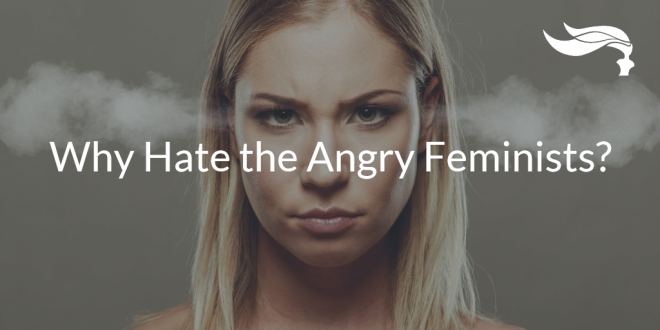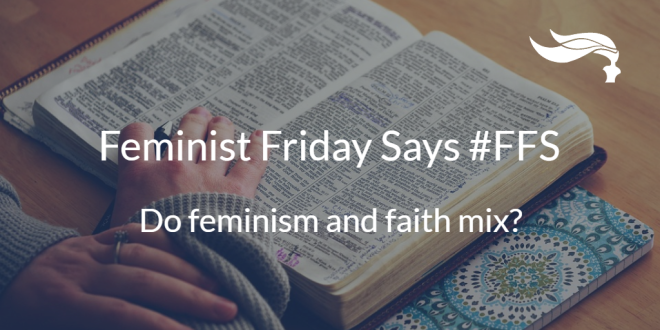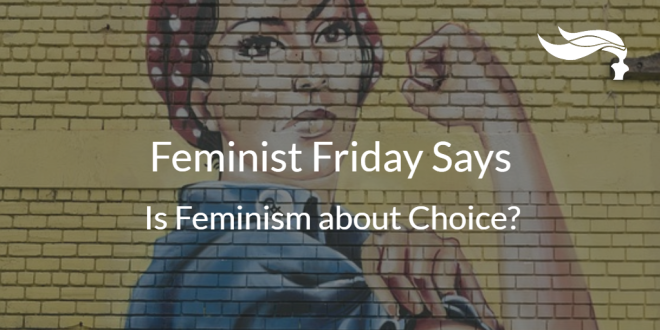
After the last blog I wrote, a friend said to me that while she can understand that feminism helps me to understand the world, for her it makes her angry because she can see how pervasive patriarchy is.
This got me thinking about the perception that a lot of people have of feminists. I asked some friends what their perception of feminists were and they said feminists are “shouty” and loud. They are “overbearing” and “preachy”. I did some superficial research and when you type in angry feminist into Google the results are very extreme. Images of the Russian rebels Pussy Riot and punks with colourful hair, who appear to hate authority and structure.
I’ll be honest, sometimes I can be an angry feminist but I’m not sure that is a bad thing. Let me explain why:
I had a conversation with some friends and I asked them why they are not feminists. They said, “because you guys are a lot.” I was surprised and asked what they meant. They said that for them feminism is only about promoting the rights of women and that they would call them an “equalist”. You won’t be surprised to know what I explained that feminist is about equality between the genders but anyway, the conversation moved on to discuss how feminists are perceived.
The words they used to describe feminists was “aggressive”, “in your face”, “opinionated”. I was shocked and asked them if that is how they perceived me. They said no, not feminists like me but most.
I am in a fortunate position in that I have met many feminists and maybe I am biased but I would not perceive any of them to be this way. My experience is that women who openly claim to be feminists are articulate and are upstanding members of society. I know this is a sweeping generalisation, but I have not met many of the “angry” one’s. I
do wonder why women being seen as feminists is so negative. Especially because when men are described in the exact same way the connotations are very different. I don’t know maybe I am the “angry” feminist and no one wanted to say it to my face? That aside, I feel like patriarchy has done a good job of tarnishing the name and image of a feminist.
I always want to be as practical as possible so I was reflecting on how I could have communicated the fact that feminists are not angry and aggressive and I came across the following examples:
- It is unreasonable to see all feminists as angry or aggressive because it plays on a stereotype and is sexist. It like saying all black people are rough or “ghetto”. It’s racist and true.
- Saying all feminists are angry is not based on fact because no universal survey has been done on all feminists asking them about their emotions and feelings to establish this. (To condescending – the irony that this may come across as angry!)
- Having an emotion alongside is objectively not a bad thing. Anyone, in almost any context can be angry and hold a political or social view. You can have angry liberals or angry conservative, that’s not objectively a bad thing.
- Even if you disagree and think all feminists are angry, why is tat a bad thing? Women live in a world where they have been denied political, social, economic and religious power, why shouldn’t they be angry.
I don’t know if these are helpful for you but as over the years I have had conversations like these often I found it useful to spend the time to think about how I would respond. Hopefully now I will be more prepared. I would love to know what your responses would be.
To end on a positive note, here are some of my favourite feminists for anyone to reference when dispelling the myth of the “angry” and “aggressive” feminist:
- Maya Angelou
- Bell hooks
- Malala Yousafzai
- Chimamanda ngozi adichie
- Roxane Gay
- Ruth Bader Ginsburg
- Angela Davis
- Coretta Scott King
- Yoko Ono


